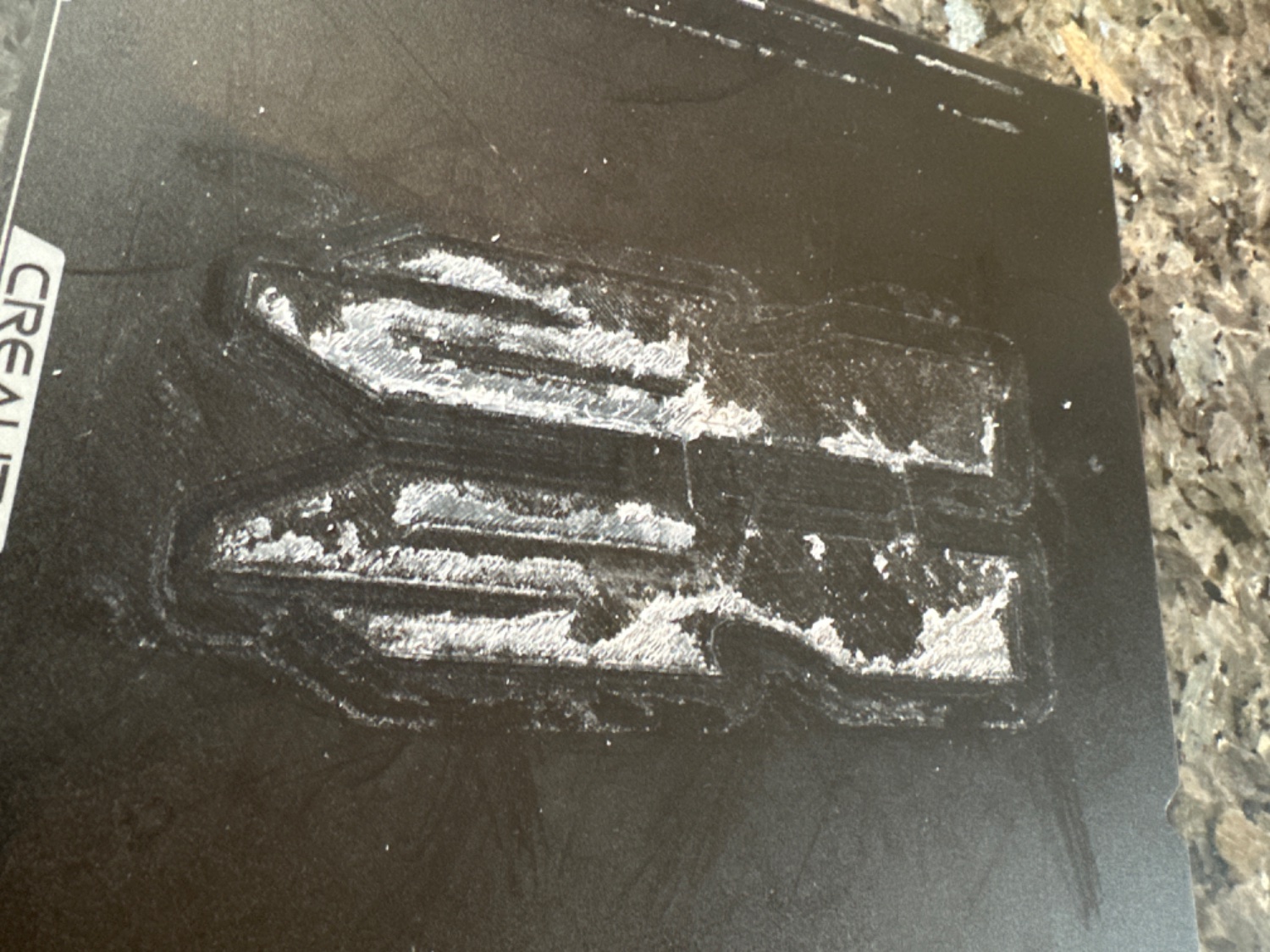3DPrinting
3DPrinting is a place where makers of all skill levels and walks of life can learn about and discuss 3D printing and development of 3D printed parts and devices.
The r/functionalprint community is now located at: [email protected] or [email protected]
There are CAD communities available at: [email protected] or [email protected]
Rules
-
No bigotry - including racism, sexism, ableism, homophobia, transphobia, or xenophobia. Code of Conduct.
-
Be respectful, especially when disagreeing. Everyone should feel welcome here.
-
No porn (NSFW prints are acceptable but must be marked NSFW)
-
No Ads / Spamming / Guerrilla Marketing
-
Do not create links to reddit
-
If you see an issue please flag it
-
No guns
-
No injury gore posts
If you need an easy way to host pictures, https://catbox.moe may be an option. Be ethical about what you post and donate if you are able or use this a lot. It is just an individual hosting content, not a company. The image embedding syntax for Lemmy is 
Moderation policy: Light, mostly invisible
view the rest of the comments

This looks like the stock ender 3 S1 bed. If you get the prints off you might actually pull the texture of the metal flex plate. Mine lasted a few days before I had multiple holes.
I got a textured PEI plate and I can't complain, prints self release when the plate cools and it doesn't have any defects after almost a year and about 100kg of filament.
Just for reference, what sort of plate did you replace it with? I’m waiting on a Creality glass PEI plate that should be here soon and I’m hoping it will be better. Still not sure how this happened in the first place but from what I read it looks like the print head was too close to the plate and it ground PLA into the bed. I was using the same settings as always and I trammed and levelled before my first print. It seems to have done this every time I tried to print this particular object— Is it possible the actual gcode from Cura could cause this?
Textured PEI flexplate.